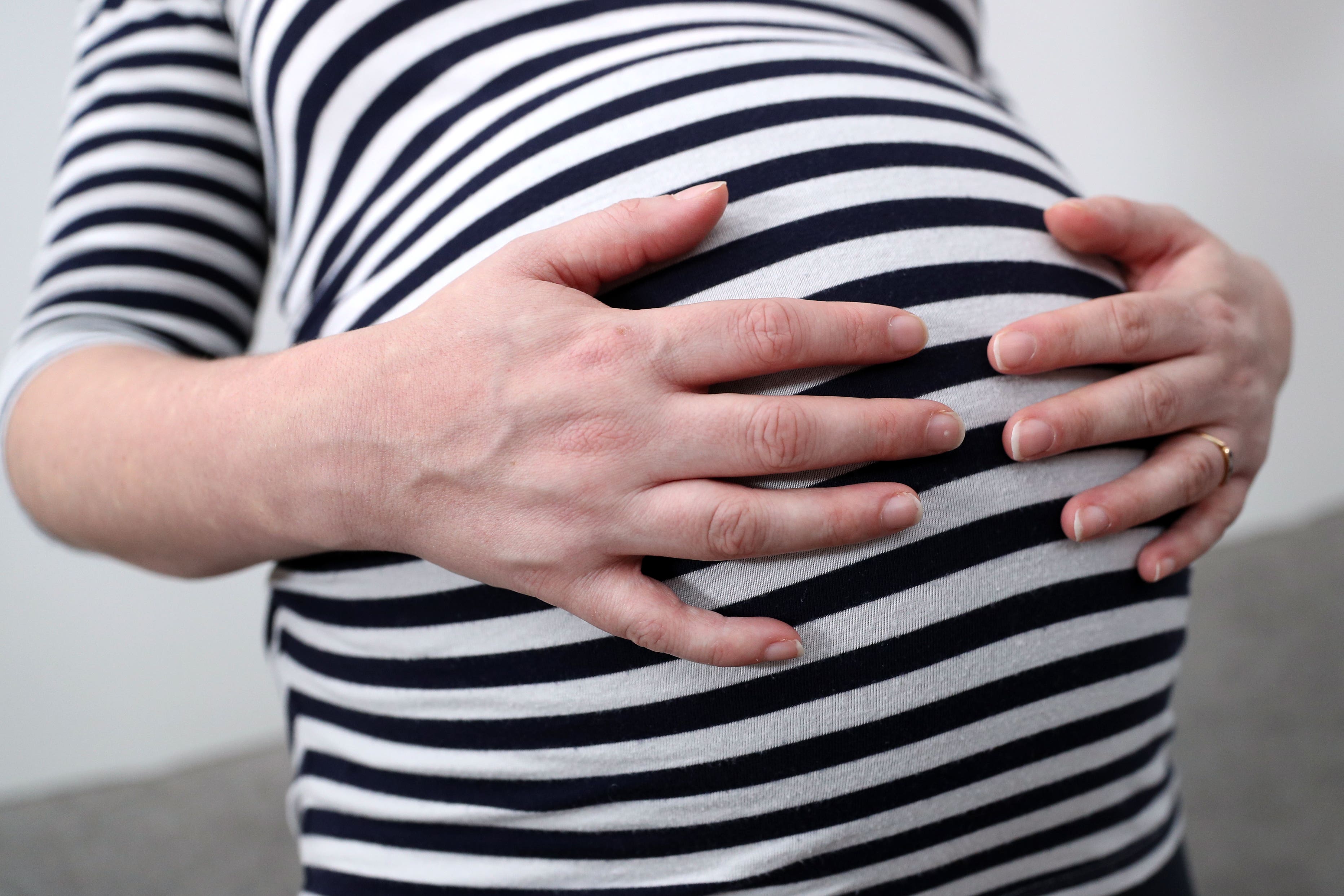Research focuses on one ‘key factor’ in why new mothers feel depressed
Around one in six pregnant women and one in five new mothers experience depression

Loneliness is a key factor in why some pregnant women and new mothers feel depressed, researchers have found.
Experts studied existing research on more than 500 women and found that feeling lonely contributed to depression around the time of pregnancy and the first few months with a new baby.
Causes of loneliness included women feeling emotionally disconnected, not receiving enough support or imposing self-isolation because of how they were feeling.
Many women feared being judged as a “bad mother”, while others were worried about how others would perceive them if they confessed they were struggling.
Many women told of a sudden sense of emotional disconnection after birth – from their previous lives before pregnancy, from other mothers and from the baby.
Others reported a mismatch between how much support they thought they would get from partners, family and wider community, and how much they actually got.
Having a baby is a period of huge transition and upheaval that can involve losing touch with people and existing networks, such as work colleagues
Published in BMC Psychiatry, experts from University College London (UCL) examined evidence from 537 women from 27 research papers on four continents.
Lead author Dr Katherine Adlington said: “We found that loneliness was central to the experiences of expectant and new mothers with depression.
“We know that depression and loneliness are often interconnected – each one can lead to the other – and this may be particularly true for perinatal depression.
“Having a baby is a period of huge transition and upheaval that can involve losing touch with people and existing networks, such as work colleagues.
We found that healthcare professionals also have an important role to play in helping women to feel heard and validated in their experiences of loneliness
“This research suggests that loneliness is a major risk for mental health problems during pregnancy and for new mothers.”
Around one in six pregnant women and one in five new mothers experience depression.
The authors suggested that people working with pregnant women, such as in antenatal classes or consultations, should be aware of the importance of loneliness and the value of encouraging new mothers to develop and maintain good social connections.
Professor Sonia Johnson said: “Helping women to understand early on in pregnancy how common loneliness is, and how it can lead to mental health problems, and that it’s OK to feel such feelings, could be an important way to reduce the impact of perinatal mental ill health.
“We found that healthcare professionals also have an important role to play in helping women to feel heard and validated in their experiences of loneliness, so we would suggest that asking expectant and new mothers about potential feelings of loneliness could be highly beneficial, in addition to signposting them to peer support.
“Peer, social and family support are likely to be crucial in reducing perinatal depression; this study helps understand the importance of social connection at this time, but there is a lot more to be done to understand why loneliness is so important in the perinatal period, and to develop effective ways of preventing or reducing it.”



Bookmark popover
Removed from bookmarks